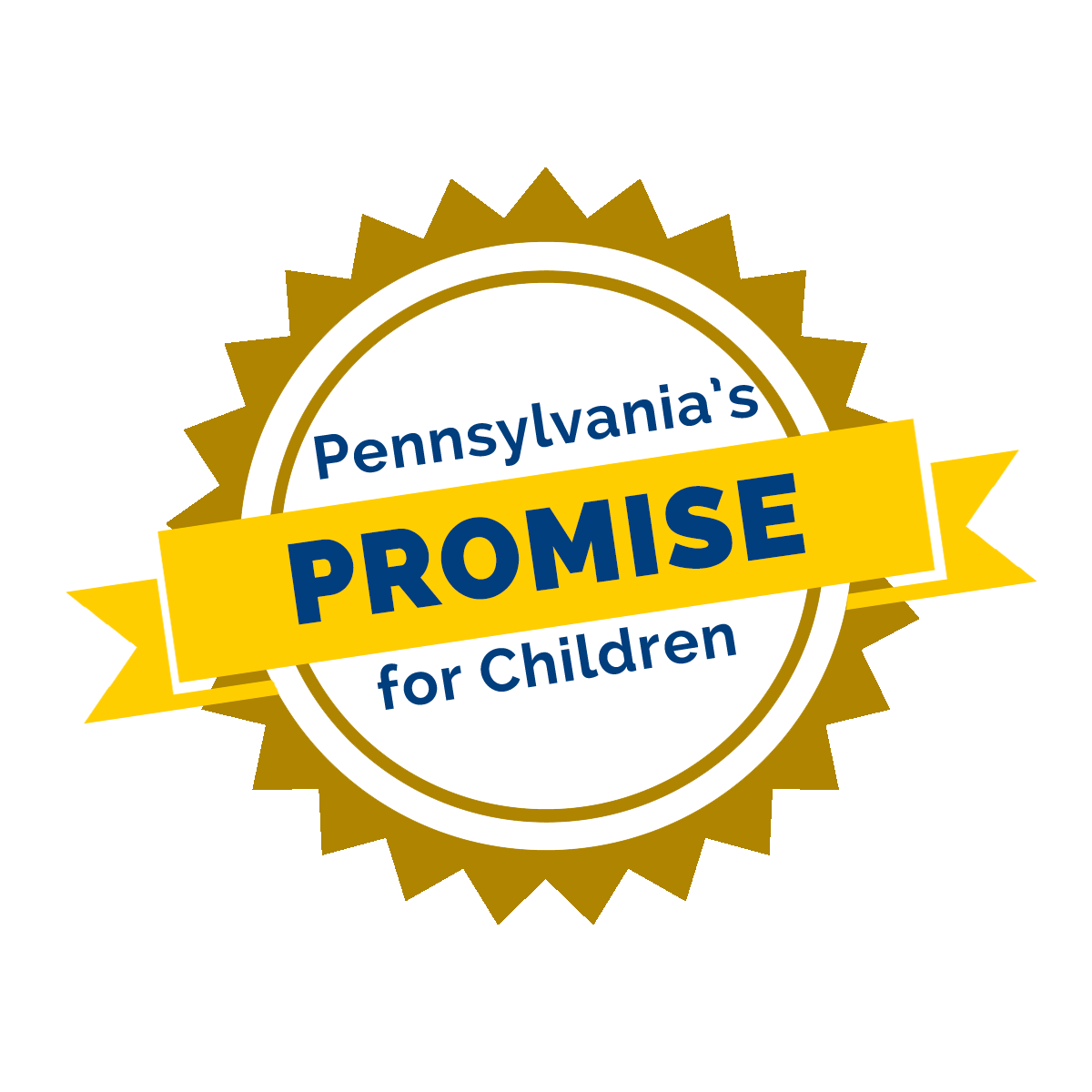
The following information was adapted from Focus on Early Childhood Mental Health, Take Care of Yourself! Updated March 2024.
Families and others who care for children often experience significant stress, whether it’s the normal stress of being responsible for many things at once (job, family, multiple children, household chores, etc.), seasonal stress (holidays, winter blues), or significant stress due to family crises, military deployment, financial problems, etc.
Every day, families are faced with challenges. We may be caring for a child full-time, without assistance or support from child care, family members or friends. We may be juggling caring for our child while working full-time. We may feel as if we don’t have one minute to ourselves, may feel overwhelmed, tired, or frustrated. All of these feelings are very normal!
While we know some stress is a normal part of being human and is even healthy, we also know when families and caregivers experience a lot of stress, it has a negative impact on the children in their care. Parental and caregiver stress levels can cause immediate behavior problems as well as longer-term mental health issues, so taking care of ourselves and managing stress is very important.
- Memory problems and inability to concentrate
- Feelings of being overwhelmed with daily tasks
- Extreme irritability
- Frequent colds or other illness, including nausea and headaches
- Inability to relax and difficulty sleeping
- Alcohol and substance, overeating, loss of appetite
Tips
- Identify the specific things that cause the most stress so you are prepared to handle it when it comes.
- Be aware of and try to change unhelpful ways of thinking, such as either-or thinking, overgeneralizing, jumping to conclusions, catastrophizing (thinking the worst), or blaming yourself.
- Maintain your physical health by eating well, drinking plenty of water and exercising regularly.
- Make time to relax doing something you enjoy, such as taking a bath, reading or walking (build it into your schedule and be intentional!).
- Stick to routines with children for nap time, mealtime, etc.
- Learn techniques for staying calm; breathe deeply. Try some of the tips for being mindful from the A Parent’s Mind Matters (June 2019) featured article.
- Connect with support groups in your community or find online groups of those with similar interests or situations.
Don’t be afraid to ask for help! Ask for help from other family members and maintain friendships. The Pennsylvania Family Support Alliance (PFSA) works with local family support programs to provide parent education and support in a number of settings. Visit their website for a list of programs affiliated with PFSA. You can contact the programs directly to find out what specific programs they provide.
Resources
- Resources for Parents. Pennsylvania Department of Human Services.
- Pennsylvania Family Support Alliance.
- Taking Care of Ourselves. Center for Early Childhood Mental Health Consultation.
- The Importance of Caring for Yourself During Periods of Military-Related Stress. ZERO TO THREE.
- How Parents’ Stress Can Hurt A Child, From The Inside Out. Forbes. Jul 25, 2012.
